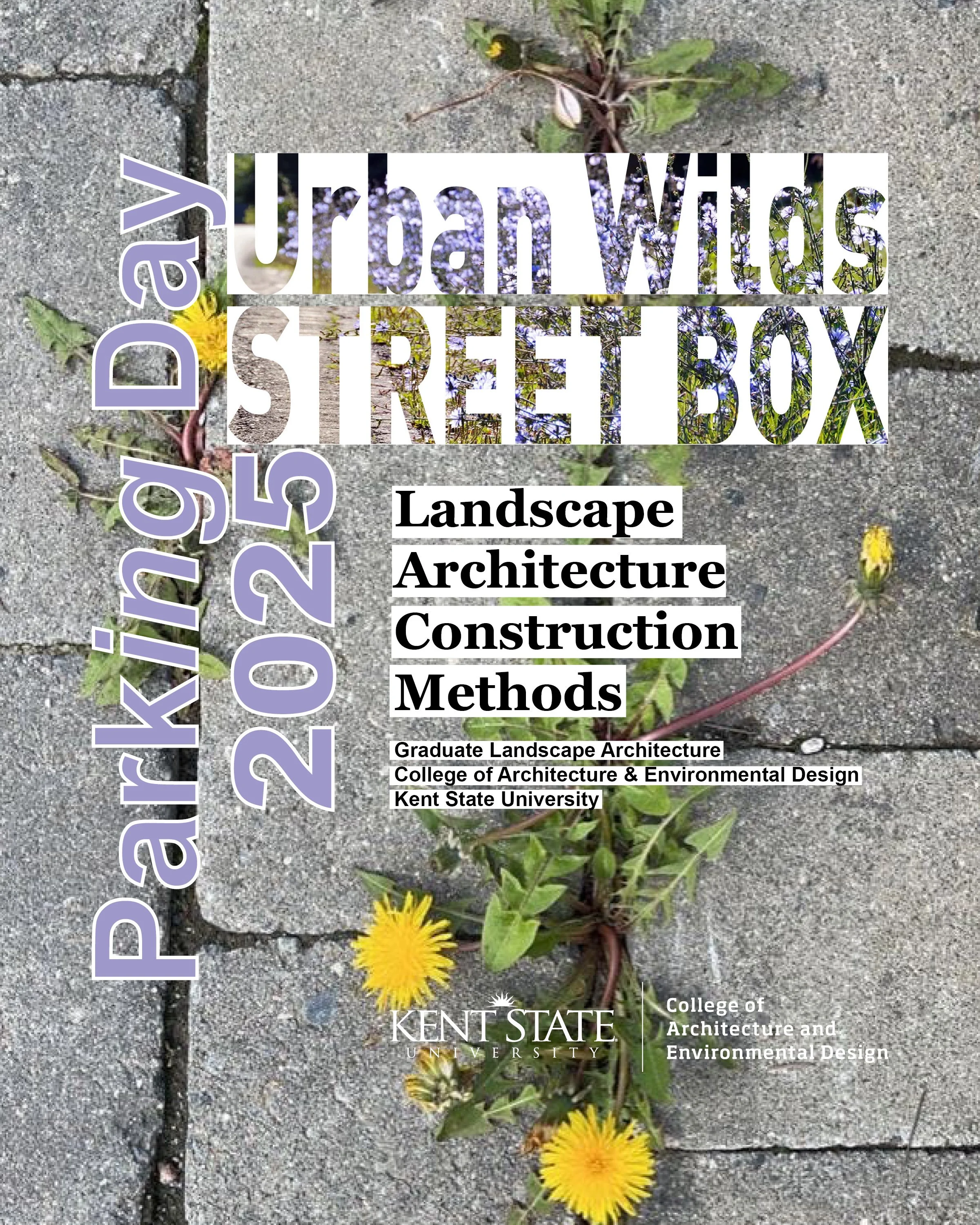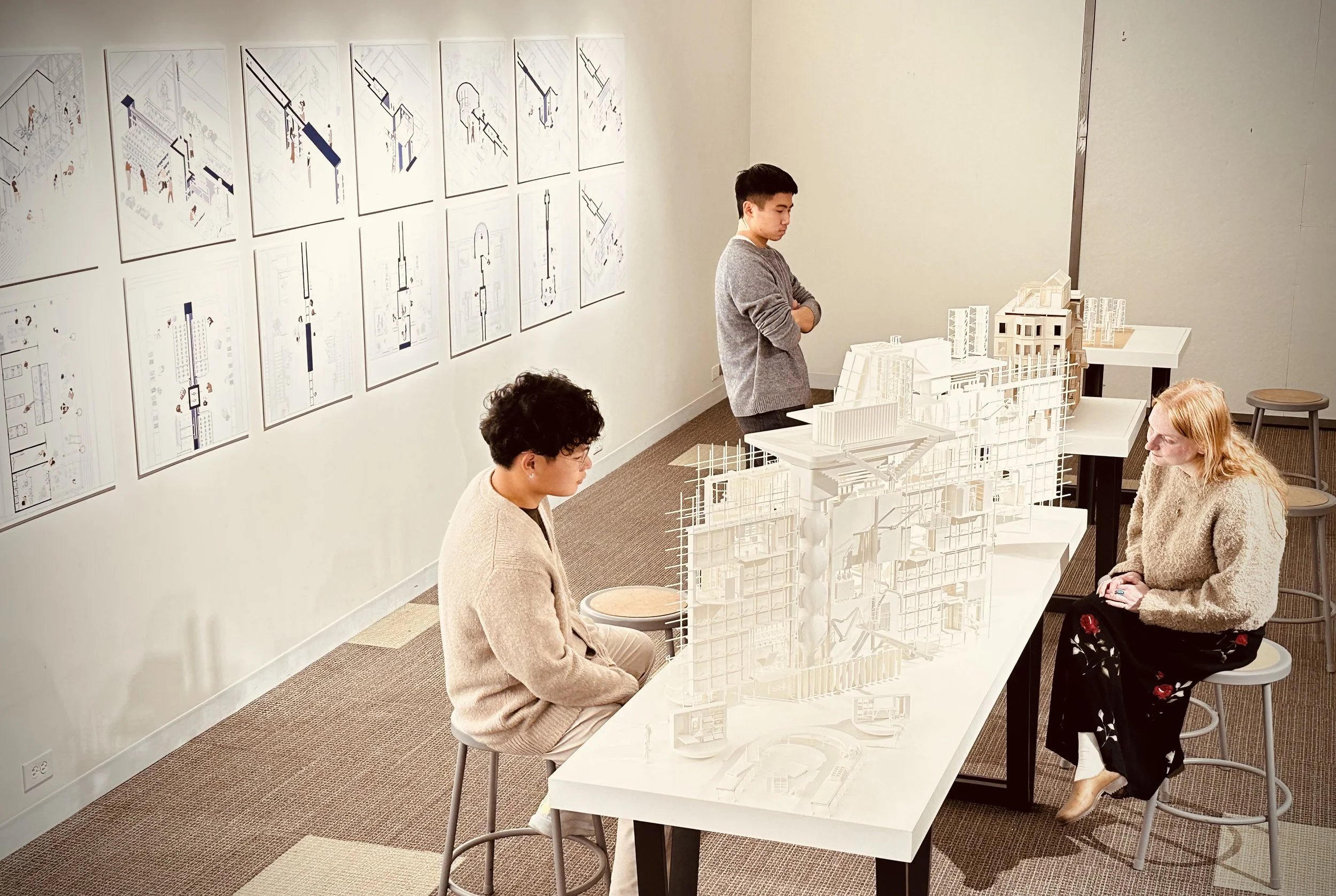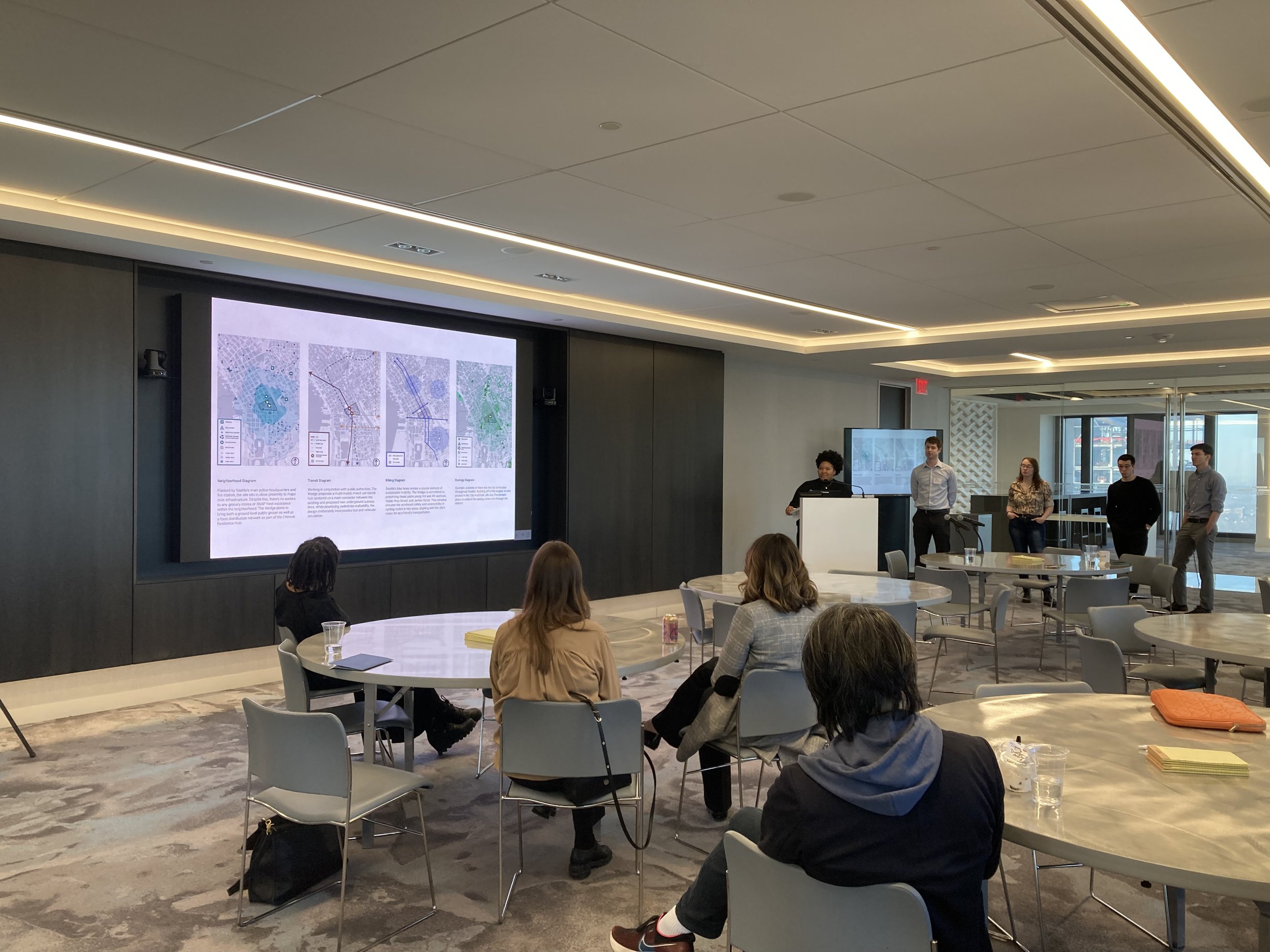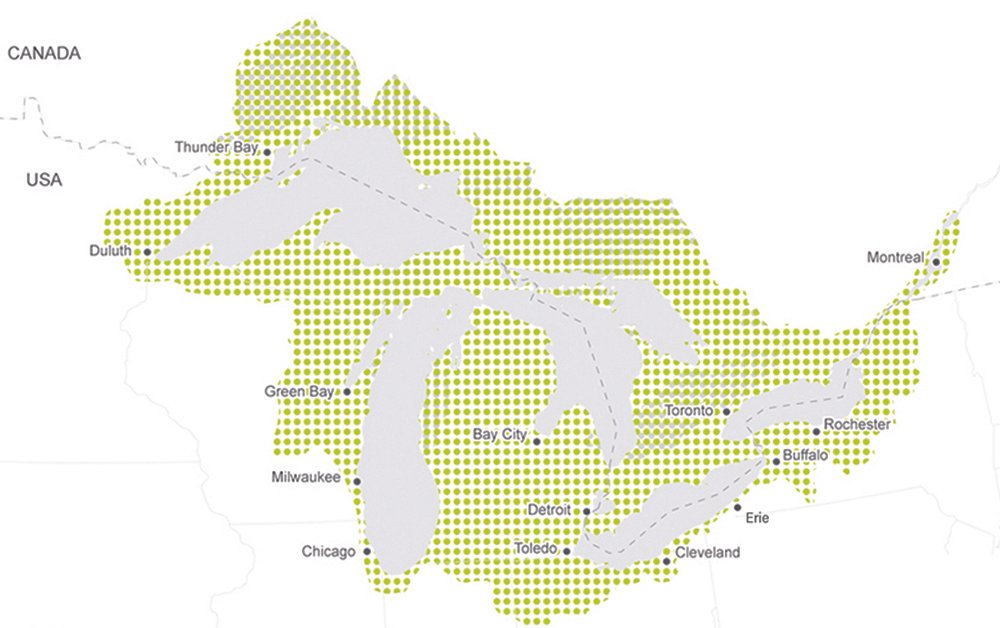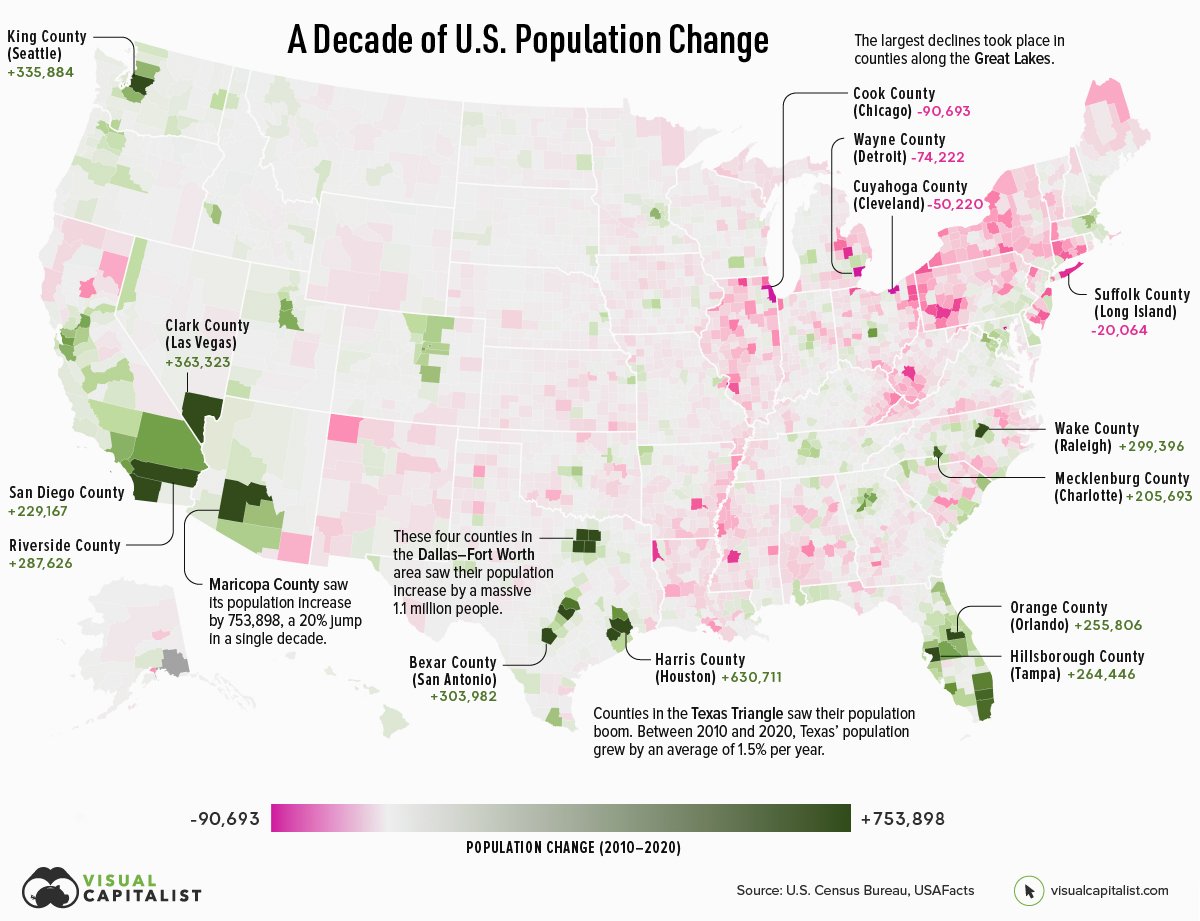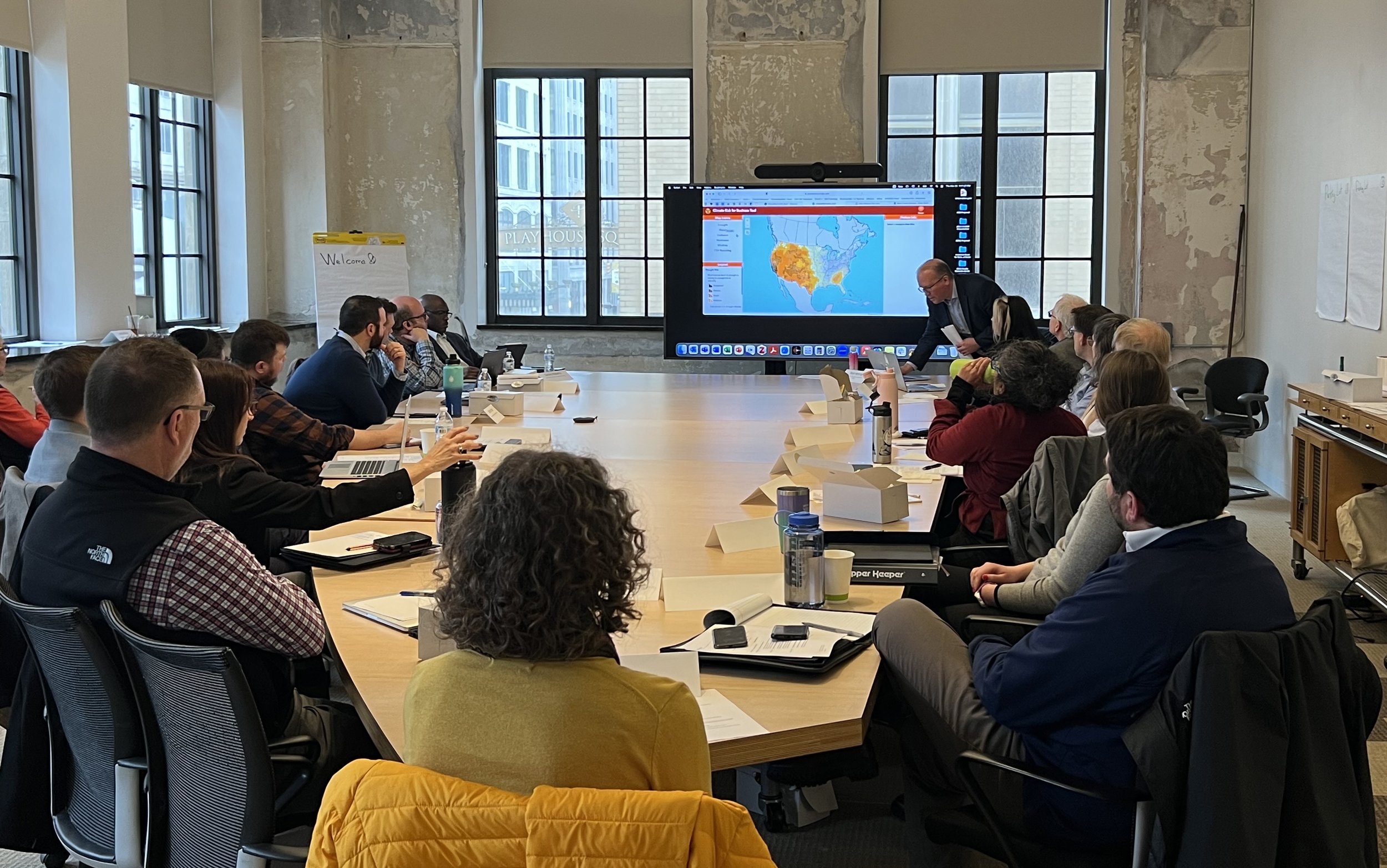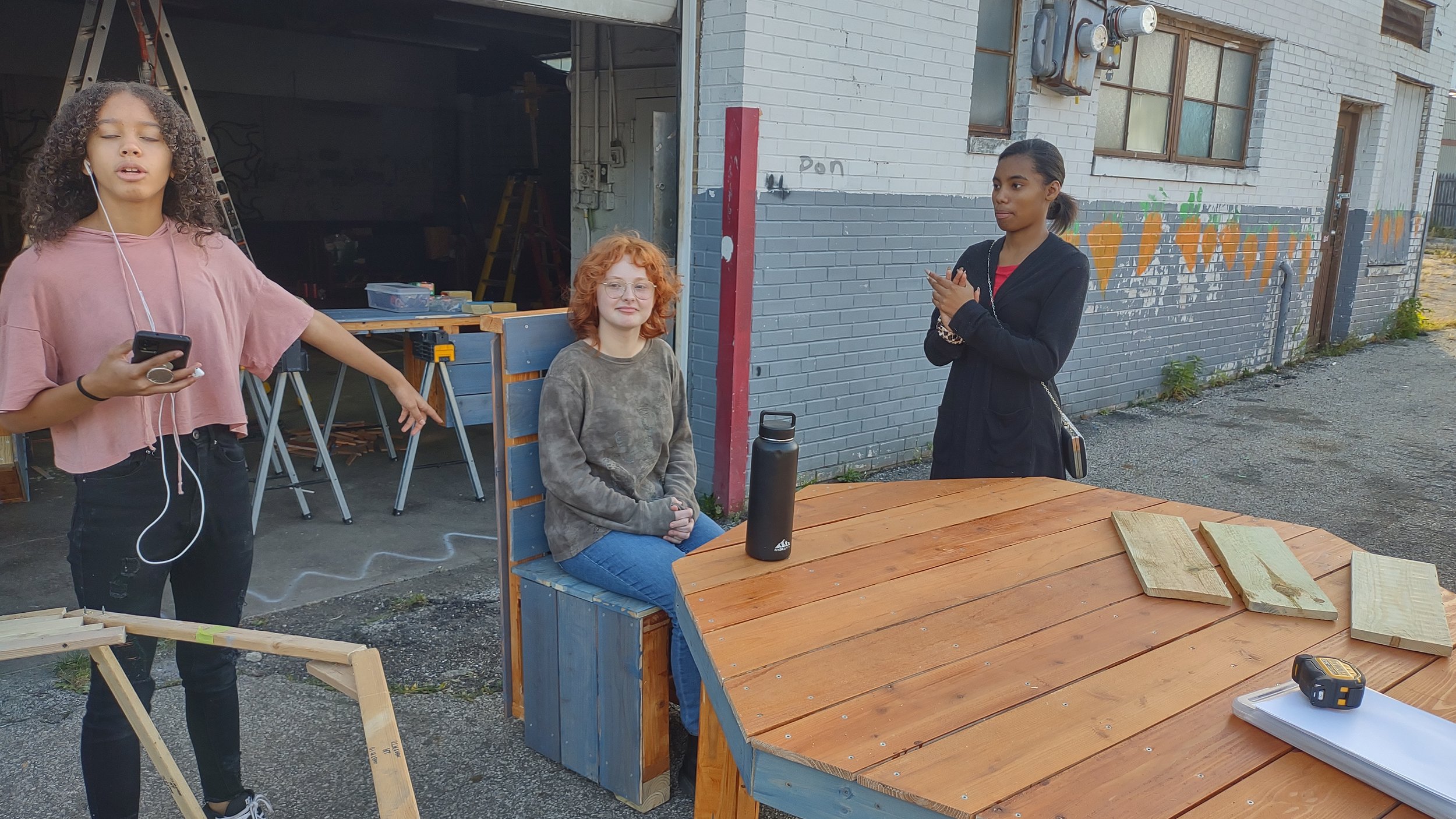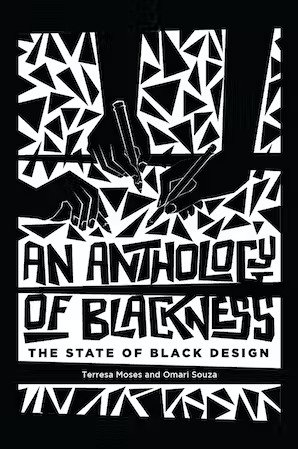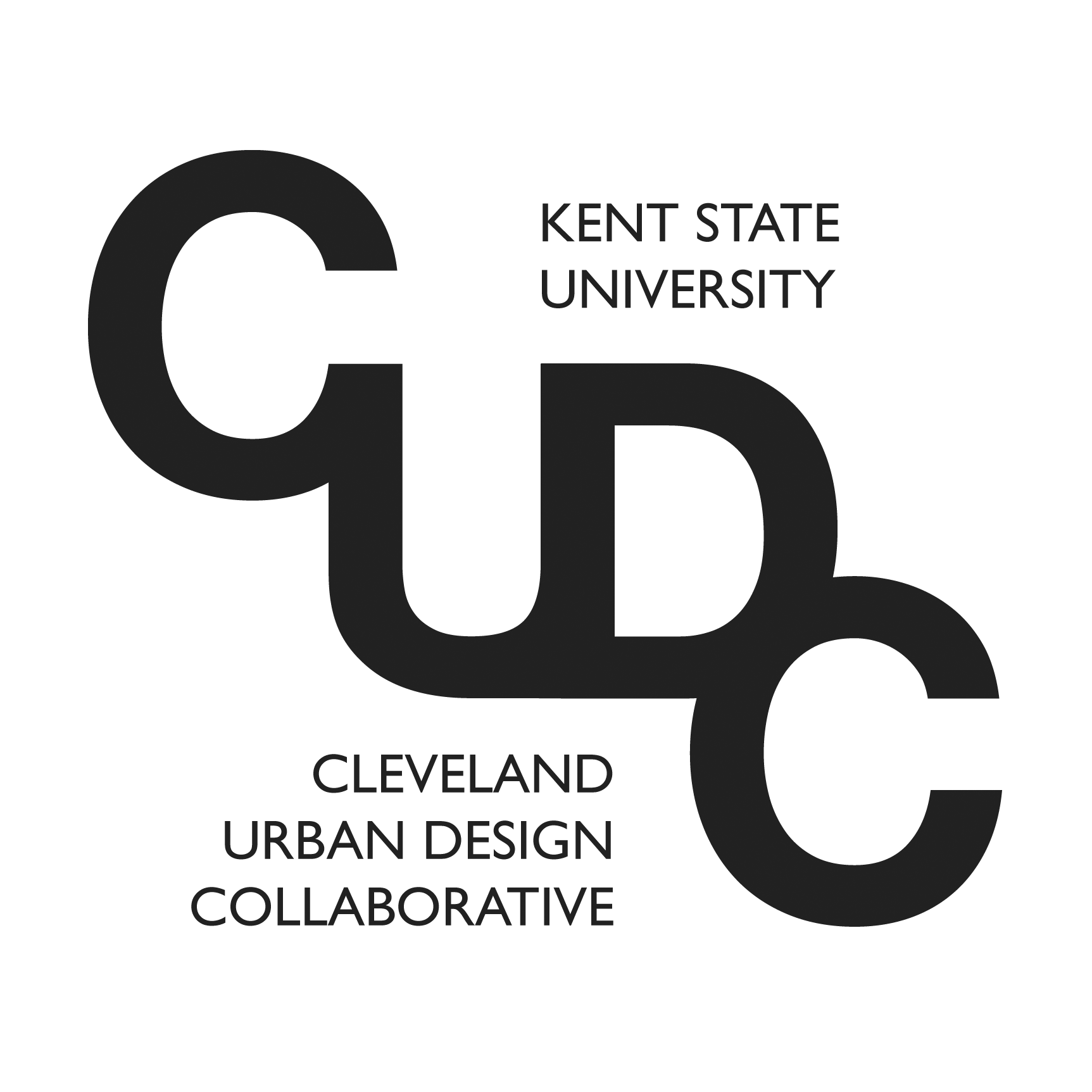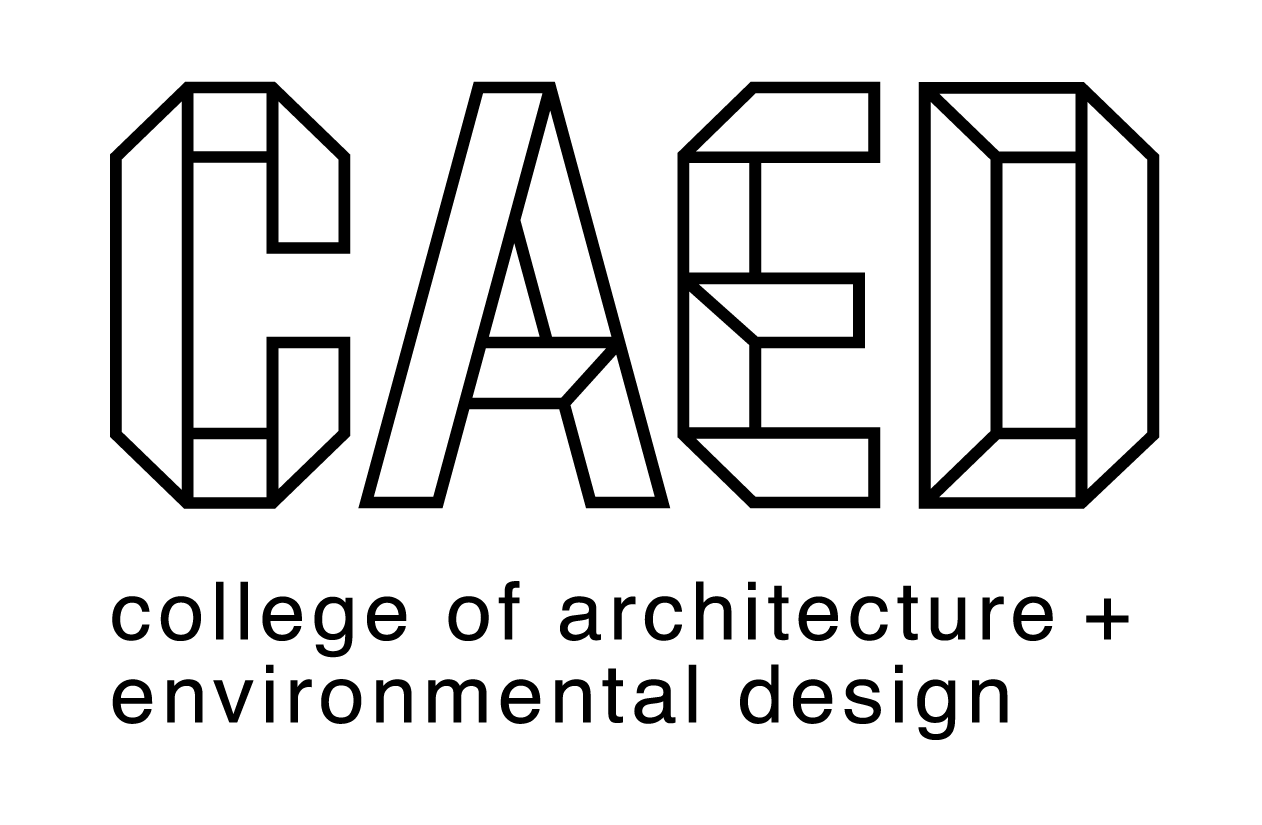MONDAY SEP 9 | 12-1:30PM | in-person/hybrid | Register here
Preserving our Future – Environmentally, Equitably, and Economically in partnership with AIA Cleveland
Sara Zewde, ASLA, Studio Zewde and Phil LiBassi FAIA FACHA, Senior Principal DLR Group & Conservancy for Cuyahoga Valley National Park Board Member
The program focuses on the account of preserving a tract of land within the boundaries of the Cuyahoga Valley National Park from development. This is a great example of how public-private efforts such as this can contribute to shaping our world. The program will also focus on the process, players, partnerships and plans that are making an impact in our own backyard.
The Conservancy for the Cuyahoga Valley National Park has worked diligently to save this property in the heart of the park to protect habitat as well as to create a space for all to enjoy the land and Cuyahoga River. In the fall of 2023, the Conservancy hired Studio Zewde to assist with community engagement initiatives, site analysis and a framework for development.
Studio Zewde is led by Founding Principal, Sara Zewde. She brings years of experience leading complex design processes across the Americas, with a design approach that works explicitly to illuminate the distinct cultural and ecological qualities of a place. Sara is Assistant Professor of Practice at Harvard University’s Graduate School of Design and is the recipient of several awards, including the Hebbert Award for Contribution to the Department of Urban Studies and Planning at MIT and the Silberburg Memorial Award for Urban Design. Studio Zewde is devoted to creating enduring places where people belong. https://www.studio-zewde.com.
Phil LiBassi is a practicing architect with over 45 years of experience. A Fellow in the American Institute of Architects (FAIA) and American College of Healthcare Architects (FACHA), he has been instrumental in leading a successful architectural practice and was actively involved in several award-winning commissions nationally in healthcare, cultural and performing arts, higher education and government.
MONDAY SEP 23 | 5:30-7PM | in-person
Power + Place
Bryan C Lee Jr, Design Principal, Architect, Colloqate
Bryan C. Lee Jr. is an award-winning architect, nonprofit founder, and leading national voice on anti-racist and socially just design. As Founder and Design Principal of Colloqate Design, Bryan spearheads the organization’s mission to intentionally design spaces advancing racial, social and cultural equity. This encompasses community-centered architecture and planning projects, youth education/mentorship initiatives, and advocacy campaigns confronting systemic exclusion in the built environment. Deeply committed to expanding opportunity in his home city of New Orleans, Bryan previously served as the Inaugural Director of Place + Civic Design for the Arts Council New Orleans from 2015 to 2017. In this capacity, he provided vision and program management for arts-rooted community development efforts citywide.
Nationally recognized as an influential thought leader, Bryan’s recognitions include being named on Fast Company’s 2018 Most Creative People in Business list as well as receiving prestigious fellowship designations such as Emerging Voices from the Architectural League of New York and United States Artists. As a Design Critic at Harvard University’s Graduate School of Design since 2020, Bryan has brought his justice-oriented pedagogy to new generations of architects and planners. Bryan holds leadership positions with the National Organization of Minority Architects (NOMA) and the Design As Protest Collective organizing against professional exclusion. Through his career and volunteerism, Bryan embodies his belief in design as instrumental for empowerment, healing historical harms, and expanding liberation across communities.
FRIDAY SEP 27 | 12-1PM | in-person / hybrid | Register here
Climate Action as if the Earth Mattered: Restoring Living Systems as the Essential Foundation to Solving the Polycrises We Face
Brett KenCairn, Center for Regenerative Solutions
Since the early 1970s, we have known that there were two fundamental causes of climate destabilization—fossil fuel combustion and land degradation. Over the past several decades, the role of land degradation has been largely forgotten in the focus on carbon accounting and energy systems change. Current climate action strategies will inevitably fail unless we reestablish a global-scale focus on restoring the more than 70% of the Earth’s living systems that have been deeply degraded—both in natural, working and urban lands. The good news is that we have examples of large-scale initiatives of this sort that can achieve remarkable regenerative results in the scale of just a few decades. In this talk, we will walk through the limitations to current climate action approaches and outline a broader strategy that can serve as the foundation for both climate stabilization (and a number of other aspects of the “polycrisis”) and a community redevelopment strategy that can stabilize both urban and rural communities both hear and abroad.
FRIDAY OCT 18 | 12-1PM | in-person / hybrid | Register here
On Campus
Andrew Gutterman, Sasaki Associates
Andrew brings over two decades of professional experience as a landscape architect and his understanding of natural systems to inform all aspects of the planning and design process. His background in ecology has helped foster a deep appreciation for the beauty and complexity of the natural world and a strong belief that these qualities can be brought to the built environment in meaningful ways. Andrew’s thoughtful approach is characterized by attentiveness to client needs, site conditions, and historical context. His experience spans the full spectrum of project types, with a particular emphasis on creating high quality landscapes for academic and institutional clients. Andrew holds a Master in Landscape Architecture from Harvard Graduate School of Design and a Bachelor of Science in Ecology and Evolutionary Biology from the University of Connecticut.
THURSDAY OCT 24 | 5:30-7 PM | in-person
Party Wall Common (Exhibition opening & Gallery Talk)
Petra Kempf, Sam Fox School of Design & Visual Arts, Washington University
By exploring regenerative ways of living that are based on reflective, responsive, and reciprocal relationships between human to human-, human to non-human-, and non-human to non-human agencies, what kind of spatial configuration embody a life that allows for inclusive forms of living to enable alternative forms of ownership towards a common ground without ignoring current modes of free market exchange?
Party wall common. Party wall as a conversion from space into place. 30 vignettes exploring what can happen at the party wall.
The exhibition will be open to the public October 25 through November 25, 2024 Monday – Friday from 9am - 4pm and on Saturday, November 2, 2024 from 10am – 2pm.

